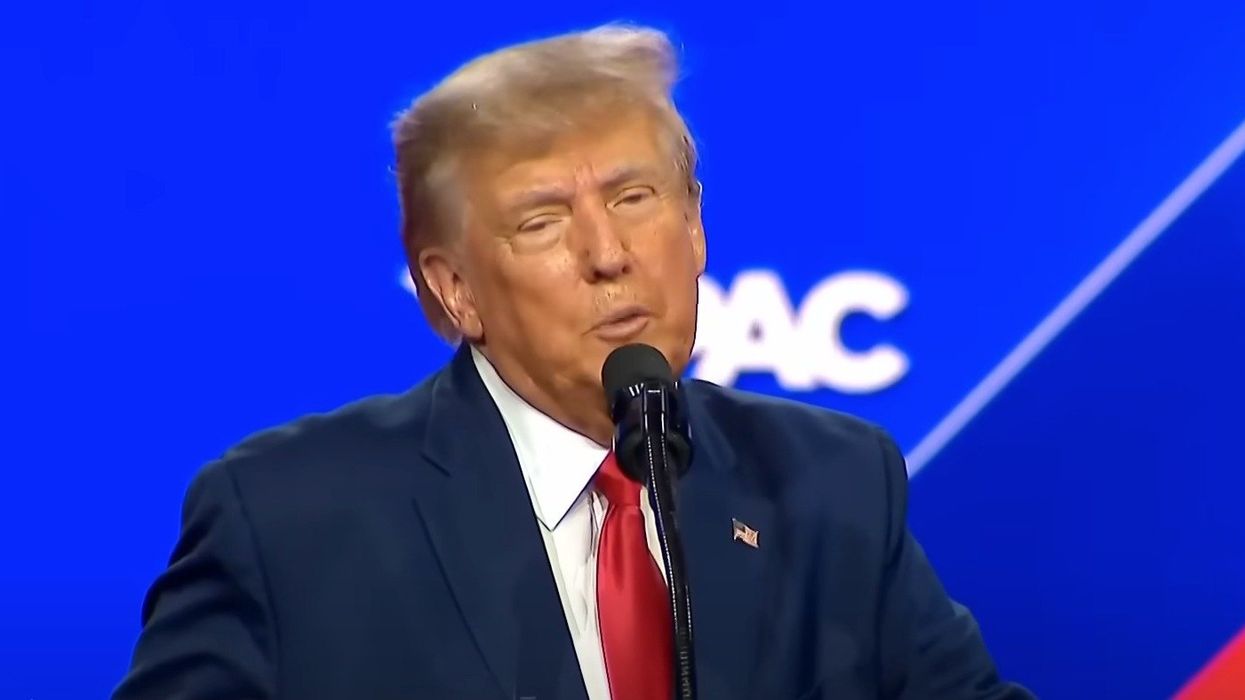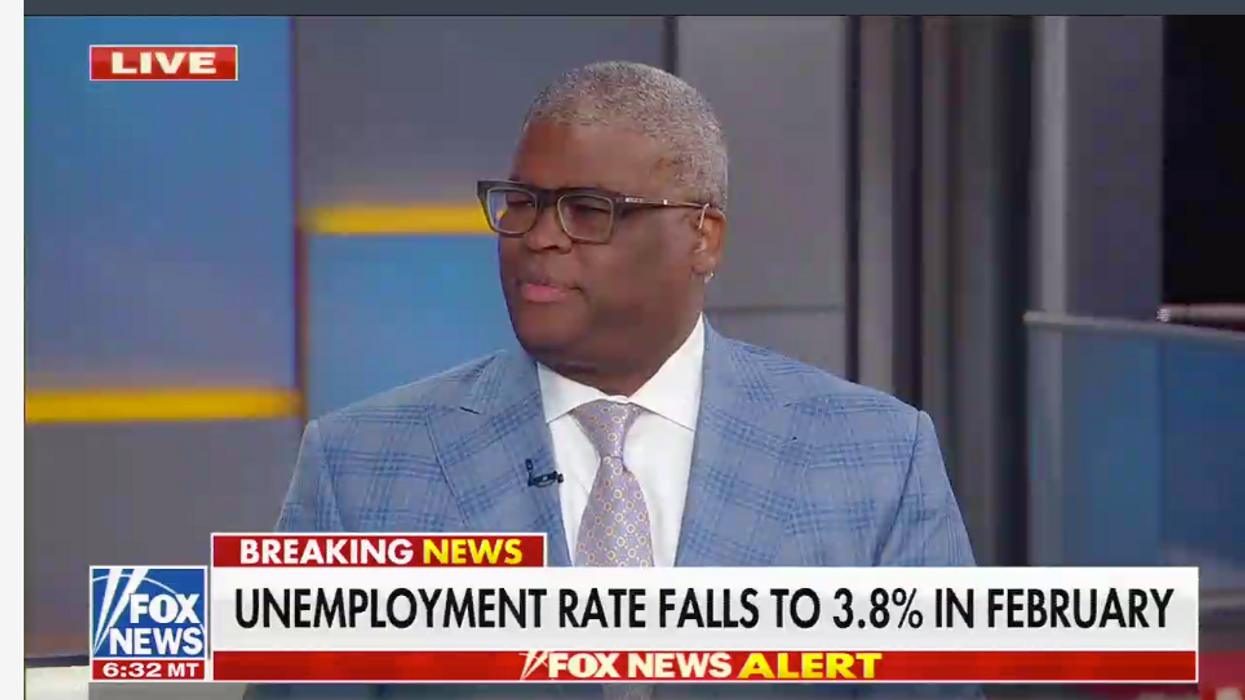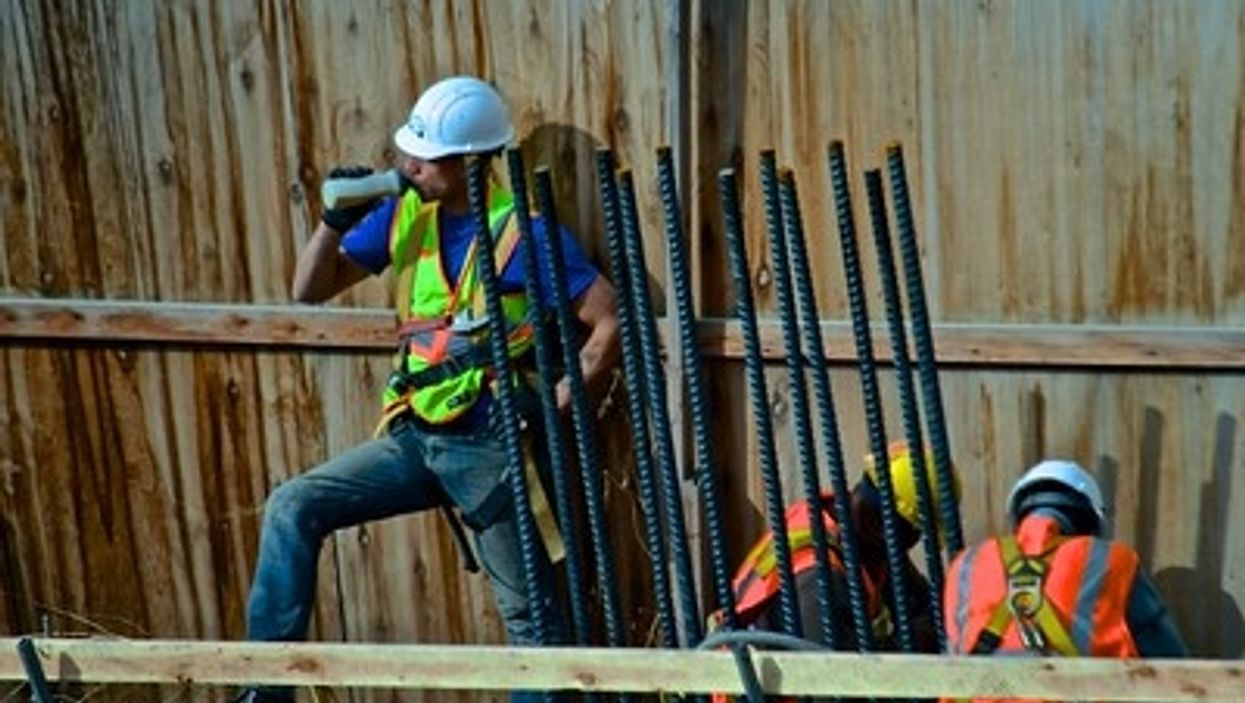First-Quarter Productivity Decline Is A Grim Economic Portent
The Bureau of Labor Statistics today released its first estimate of productivity in the first quarter. It showed productivity falling at a 0.8 percent annual rate. This is really bad news.
Productivity matters a lot for both inflation and living standards. In the five years from 2019 to 2024, productivity growth averaged 1.9 percent annually. That is up from 1.1 percent annually in the decade before the pandemic.
The faster rate of productivity growth most immediately translates into lower inflation. As a first approximation, inflation will be equal to nominal wage growth minus productivity growth. If nominal wages are growing at a 4.0 percent annual rate, and productivity is rising at a 1.9 percent annual rate, inflation will be roughly 2.1 percent. (We could have some redistribution from profits to wages, reversing the rise in profit shares in the pandemic, but we’ll leave that one for another time.)
To take the other side of the same coin, real wages can sustainably increase at the rate of productivity growth. The 1.9 percent rate of productivity growth meant that real wages could rise at roughly a 1.9 percent annual rate. By contrast, the 1.1 percent rate for the decade before the pandemic could only support a 1.1 percent annual rate of real wage growth. Over the course of a decade that’s the difference between a 20 percent rise in real wages and an 11 percent rise.
For these reasons, the productivity slowdown reported for the first quarter is a big deal. Having said this, it is necessary to throw out two important caveats about the first quarter productivity data.
First these data are subject to revisions. Both the numerator or this equation (output) and the denominator (hours) will be revised in subsequent months. When we have the data in June, after two rounds of revisions, the picture may look very different.
The other important caveat is that productivity data are notoriously erratic. For example, productivity shrank at a 2.4 percent annual rate in the fourth quarter of 2015. It rose at a 1.7 percent annual rate in the first quarter of 2016. Reversals like this are very common. This means that even if the first quarter weakness holds up through revisions to the data, it is entirely possible that we see a sharp reversal in the second quarter or the second half of 2025.
First and foremost, the negative productivity growth reported for the first quarter should be seen a warning. We have pursued a number of policies that are likely to do both near-term and lasting damage to the economy. Tariffs, mass deportations, reckless layoffs in the federal government, and slashing research budgets, are all likely to hurt economic growth. Much of the impact will only be seen over the long term, but some may already be showing up in the data.
For example, if ships from China are not coming due to 145 percent tariffs, we will see fewer workers unloading goods, at the ports, fewer truck drivers transporting goods, and before long, empty shelves at the stores. The firings at the federal level, coupled with layoffs elsewhere due to cutbacks of federal support, could show up in higher unemployment rates.
The fall in productivity reported for the first quarter should be taken as a flashing yellow. Maybe all will be okay, but it’s not a good start.
Dean Baker is an economist, author, and co-founder of the Center for Economic Policy and Research. His writing has appeared in many major publications, including The Atlantic, The Washington Post, and The Financial Times. Please consider subscribing to his Substack Dean Baker.
Reprinted with permission from Substack.












